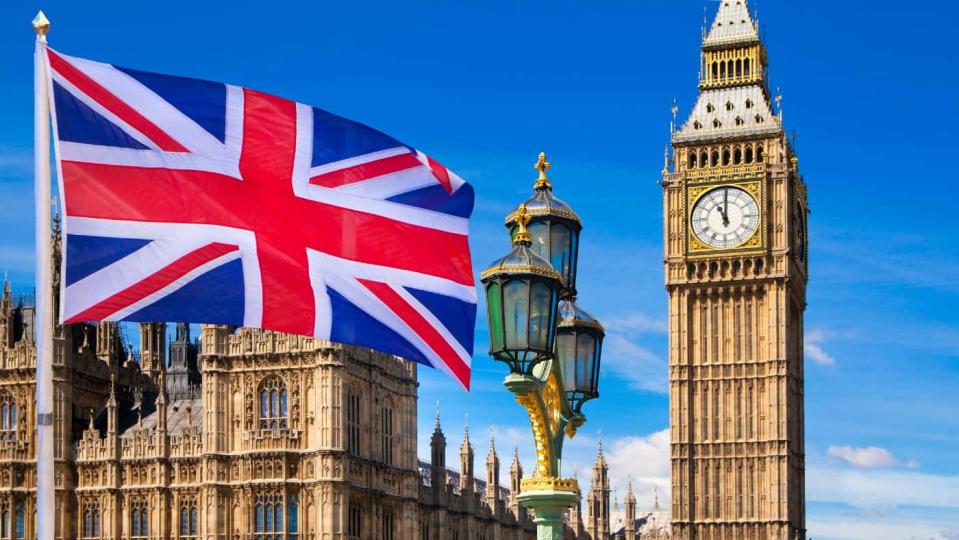The FTSE 100 is dirt cheap, but so what? Who cares?

Investing in UK shares can be hard work. Since the Brexit vote in mid-2016, the FTSE 100 index has underperformed other leading stock markets, leaving the Footsie far behind international counterparts.
The FTSE flops
Launched in January 1984 at 1,000 points, the FTSE 100 began actively trading in April 1984, celebrating its 40th birthday this year.
Currently, the index stands at 7,914.69 points, valuing it at £2trn. Putting this number into perspective, two US mega-tech businesses are worth more — I’m sure you can guess these Goliaths.
In its 40 years of existence, the Footsie has risen by 691.5%. This works out at a compounded gain of roughly 5.3% a year. This seems a meagre return for risking money in UK shares.
However, this figure excludes dividends, which are very generous from many FTSE 100 shares. Today, the index offers a cash yield of 4% a year, easily beating the income from other major stock markets.
Too low?
At present, the Footsie trades on a multiple of around 10.8 times earnings. In comparison, the US S&P 500 index’s earnings multiple is 23.6 — more than twice as expensive.
In 2024, London’s main market index is up 2.2%. Meanwhile, the S&P 500 is ahead 7.9%, while the tech-heavy Nasdaq Composite index has risen by 6.9%. In addition, the Footsie has trailed rival indexes for years, as this comparison shows:
Timescale | FTSE 100 | S&P 500 | Difference |
One month | 3.4% | 1.4% | -2.0% |
Six months | 6.1% | 20.9% | 14.8% |
One year | 3.1% | 25.8% | 22.7% |
Five years | 6.1% | 77.9% | 71.8% |
My table clearly shows that the S&P 500 has thrashed its UK rival over periods ranging from six months to five years. That said, the FTSE 100 has outperformed over the past month — a rare home win.
Who’d buy UK stocks today?
The simple answer is bargain hunters and income investors, including me. While other investors rush to buy highly priced US stocks, my wife and I have built a ‘boring’ portfolio of high-yielding and undervalued UK shares.
Investment theory suggests that, all else being equal, low-priced assets should produce superior returns to high-priced assets in the long run. But that’s scant comfort, given that investing in US large-caps has been the best move for a decade and more.
One Footsie bargain?
For me, one classic FTSE 100 value stock is big bank Barclays (LSE: BARC). As well as being a leading lender in mortgages and credit cards, the Blue Eagle bank has a global investment bank. This makes it riskier than other UK clearing banks.
Currently, Barclays shares trade at 190.76p, valuing the group at £28.8bn. This is a far cry from the heights this stock hit before the global financial crisis of 2007-09. However, the share price is up 29.1% over one year and 17.2% over five, comfortably beating its parent index.
At present, this bargain buy trades on a multiple of 7.1 times earnings, delivering a bumper earnings yield of 14.1%. It also offers a dividend yield of 4.2% a year, slightly ahead of the Footsie’s 4%.
Finally, analysts expect bank earnings to fall this year, driven down by lower interest rates, weak credit growth, rising bad debts, and higher loan losses. Despite this, my wife and I will keep tight hold of our cheap Barclays and other FTSE 100 shares!
The post The FTSE 100 is dirt cheap, but so what? Who cares? appeared first on The Motley Fool UK.
More reading
Cliff D’Arcy has an economic interest in Barclays shares. The Motley Fool UK has recommended Barclays. Views expressed on the companies mentioned in this article are those of the writer and therefore may differ from the official recommendations we make in our subscription services, such as Share Advisor, Hidden Winners and Pro. Here at The Motley Fool, we believe that considering a diverse range of insights makes us better investors.
Motley Fool UK 2024

 Yahoo Finance
Yahoo Finance 